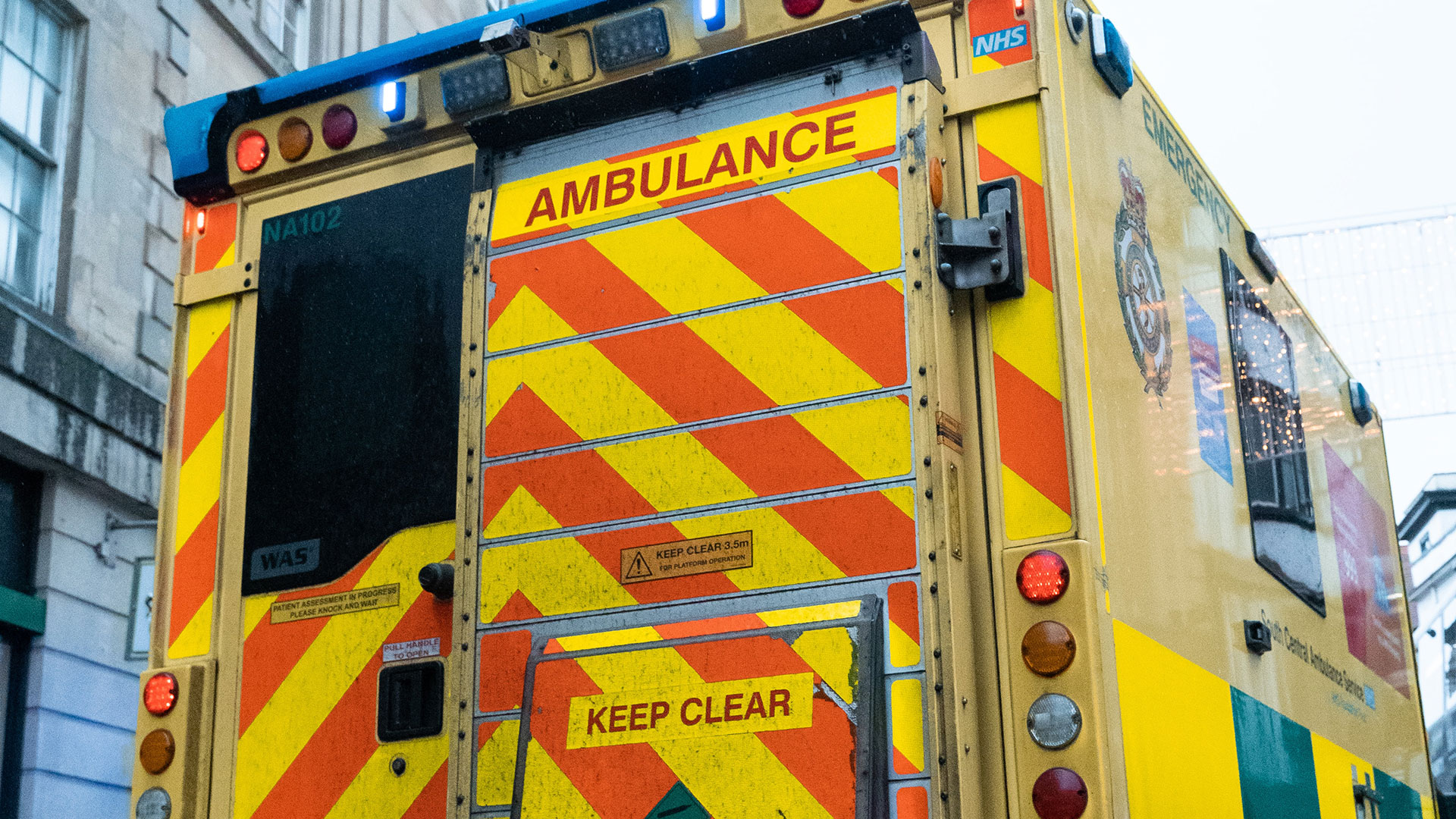As the NHS marks its 75th year, the urgent and emergency care services it provides have never been in a bigger crisis. Against the backdrop of 10.6 million 999 calls answered in 2022-22, which is 2.6 million more than in 2020-21, media reports have consistently highlighted severe ambulance delays. Patients’ safety is being compromised. Some people have died as a result.
Among ambulance staff, morale is at an all-time low. Sickness and absence rates are the highest – and show the highest rate of increase – of all NHS organisations.
Earlier attempts to remedy this situation have largely involved money being thrown at the service, as a short-term, “sticking plaster” approach, that fails to address the key issues. I have been studying ambulance services for more than 15 years. My research identifies seven problems the emergency services are facing – and how to fix them.
1. Expand the workforce
Ambulance jobs have been shown to be highly demanding and come with significant performance pressures. There is also a notable lack of career and development opportunities. Paramedics speak of low job satisfaction and poor mental health, related to insufficient pay, stressful working conditions and intense workloads.
Given the record numbers leaving for less stressful and better paid jobs elsewhere, it is clear that the NHS needs a long-term solution.
In January 2023, the government announced its NHS Recovery Plan. This plan is predicated on having more staff, yet does not adequately address how to improve recruitment and retaining.
2. Support existing staff
The continuing and unhealthy focus on performance targets is resulting in negative outcomes for both patient care and workforce morale. The pandemic has only worsened already high rates of mental health issues, including anxiety and post-traumatic stress disorder.
Providing mental health support and counselling services will improve staff wellbeing. This in turn will make it easier to maintain adequate staffing and safe levels of service delivery.
In addition, staff also need training to deal with rising numbers of mental health related calls. The recent announcement that the Metropolitan Police will stop responding to most mental health calls in London, by the end of August, will only put more pressure on the emergency services.
An integrated approach between ambulance services and other agencies is required to prevent harm to both staff and patients.
3. Improve ambulance services commissioning
Ambulance services were introduced relatively late to the NHS family in 1974 prior to which they were part of local government function. As a result, they have remained on the periphery of decision-making, while not being immune to the constant churning and change within the NHS.
Ambulance commissioning – the process by which local emergency healthcare needs are assessed and planned for – is a highly complex system. Multiple NHS organisations and local councils across England have to work together to create a model for delivering ambulance provision across the country through the nation’s ten ambulance trusts.
This often means that one ambulance trust might be delivering services across multiple areas, catering to different health needs with different delivery options. The lack of consistency in the commissioning framework has been criticised by the National Audit Office (the public spending watchdog) as well as by the government’s Public Accounts Committee.
The Association of Ambulance Chief Executives, the key representative body for the services, has warned that this risks duplication and fragmentation of services and called for more efficient decision-making, a call which healthcare scholars have echoed.
4. Provide continuity of care
In 2022-2023, one in four ambulances is experiencing delays of more than 30 minutes, which is twice as long as the standard for handover time from ambulance to hospital. These delays are having a disastrous impact.
Several causes have been identified, including insufficient hospital beds and slow patient flow meaning more people getting stuck in the system and not moving through efficiently.
Further, the 999/111 system has been found to be highly risk averse, meaning more ambulances are sent out than should be. Patients, meanwhile, struggle to access the care they need in the community, which also results in more heading to A&E or calling 999.
The NHS needs better protocols, better collaboration and better information sharing, between healthcare providers, to ensure a more seamless continuity of care. Crucially, this would reduce the number of patients going to hospital when they don’t actually need to.
5. Update the 999 call system
According to the most recent data, average response times for Category 1 (life threatening) calls, in England, is 8.17 minutes and for Category 2 (urgent but not life threatening), 32.24 minutes. Against the standards of seven minutes and 18 minutes, respectively, these averages represent significant delays.
Ambulance services are working to an outdated operating model which no longer reflects the reality on the ground: older population groups with complex health needs as well as the rising numbers of mental health issues.
Paramedics have also changed. They have acquired greater clinical skills. They also having better treatment options at their disposal, which the current 999 system fails to properly use.
The government’s own briefings make clear that it knows this. To better understand what patients actually need, the NHS needs greater clarity on published data and to explore alternatives. Having nurses, for example, manage low-priority ambulance calls has been shown to reduce the need for ambulances.
6. Make better use of resources and tech
Unwarranted variations in ambulance service delivery, fleet procurement and treatment protocols is leading to increasing, but avoidable, inefficiency.
The NHS needs systems that ensure better allocation of ambulance resources and to minimise waste. Using data and analytics would help to identify areas with high demand, strategically position ambulances and implement more dynamic deployment strategies.
Further, ambulance staff lose vital knowledge about patients once they are handed over to hospitals because ambulance data is not routinely linked with other NHS organisations. Research shows that improving data sharing would help to improve care.
More broadly, upgrading the service’s technology and innovation capacity – from medical equipment on ambulances and electronic patient records to telemedicine capabilities is key. This will help improve communication, coordination and patient care.
7. Allocate adequate funding
Ambulance services have struggled with historical levels of under-funding. The latest demand and capacity review forecasts an annual funding gap of £237.5 million.
Pressures of meeting the increasing 999 demand have been again highlighted by parliament and experts, including in my own research.
While the additional funds promised in the NHS Recovery Plan will help the service in the short term, COVID-19 has made clear the need for constant appraisal to ensure that ambulance services are adequately resourced.
To fix the emergency services will require imagination, conviction and decisiveness on the part of our political leaders. History suggests a royal commission – like those appointed to advise on how to reform the House of Lords and the criminal justice system – could provide a way forward. Everyone, from the NHS and ambulance trusts to paramedics, policy makers, academics and the public, needs to work together to create a modern emergency service that is fit for purpose.
This article is republished from The Conversation under a Creative Commons license. Read the original article.
June 29, 2023



